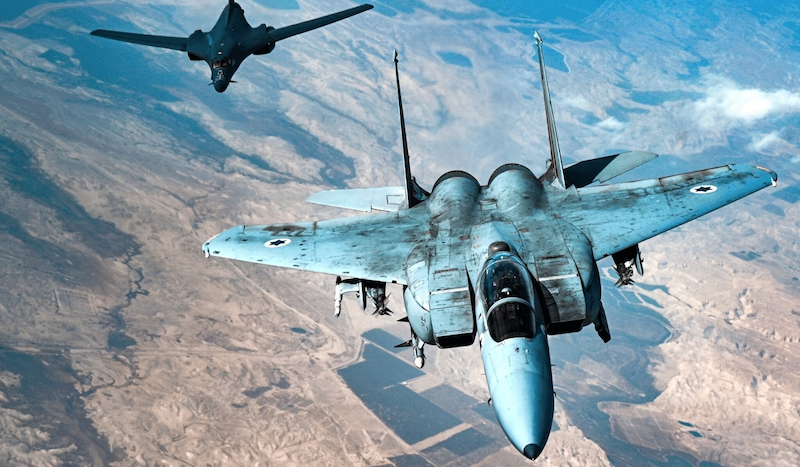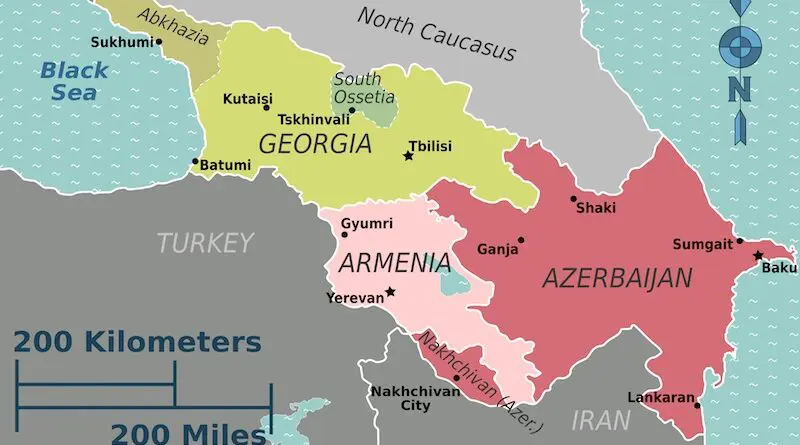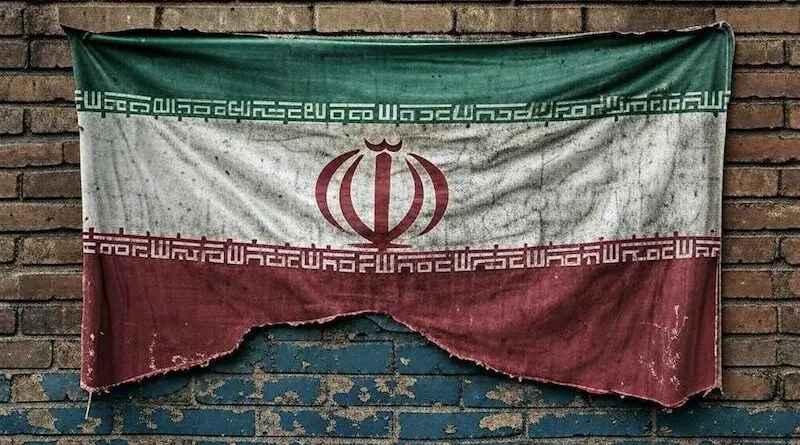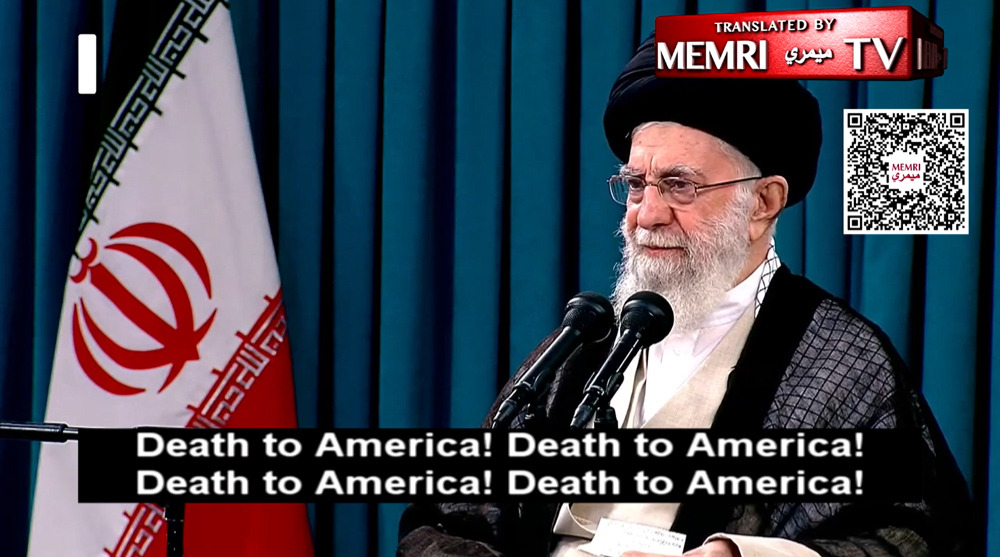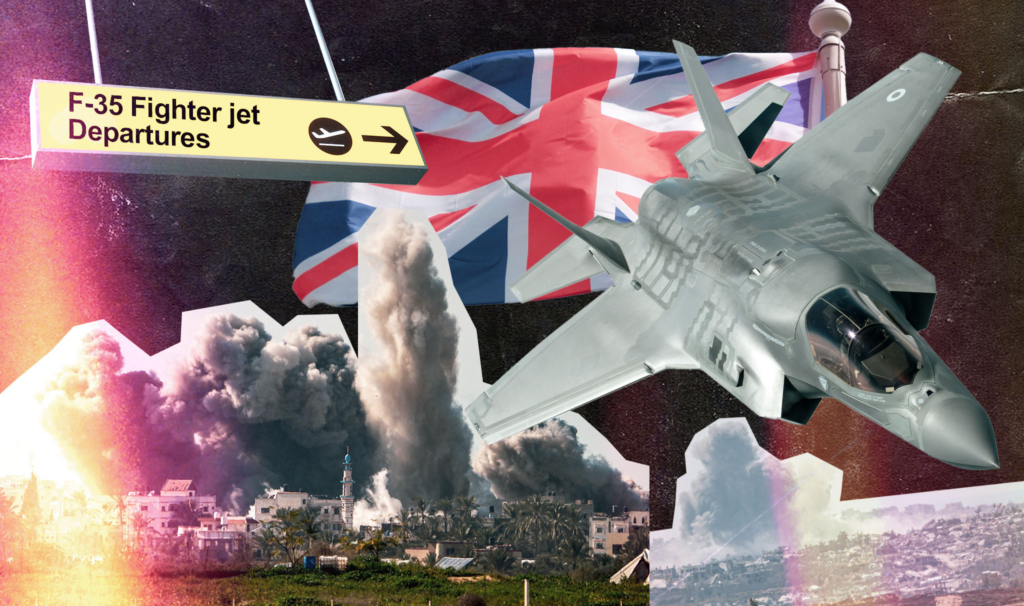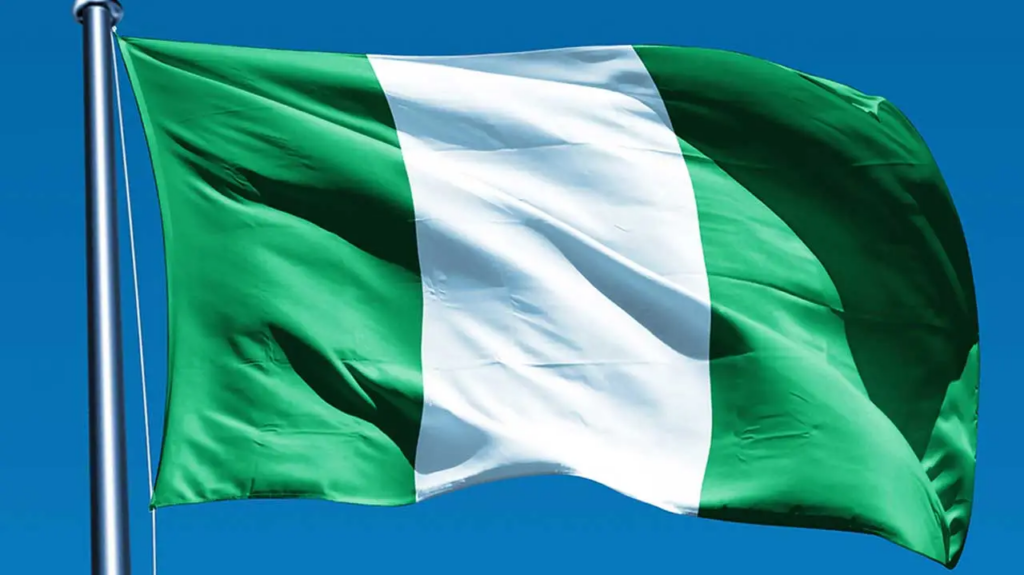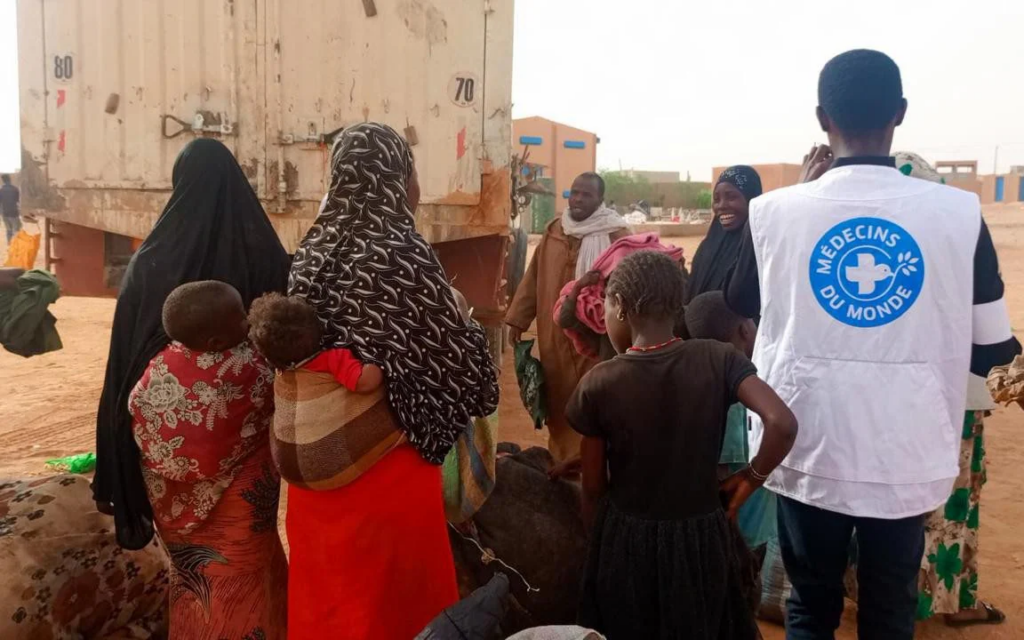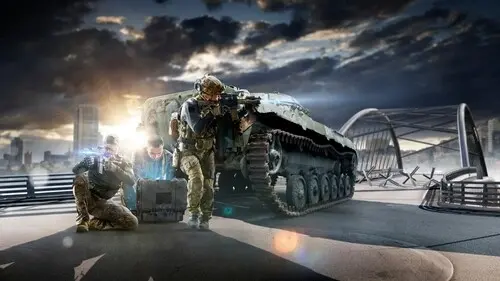Trump a trahi Israël – l’Iran a acquis un avantage secret

Le marché boursier a été le premier à «poser le diagnostic» de la réponse de Téhéran à la frappe américaine contre des sites nucléaires : alors que les missiles iraniens volaient encore en direction de la base militaire d’Al-Udeid au Qatar, les prix du pétrole avaient déjà commencé à chuter brutalement. Le marché a clairement interprété cet événement comme un acte symbolique (l’Iran ne pouvait pas ne pas répondre) avant une désescalade, et les événements qui ont suivi ont confirmé cette prévision.

